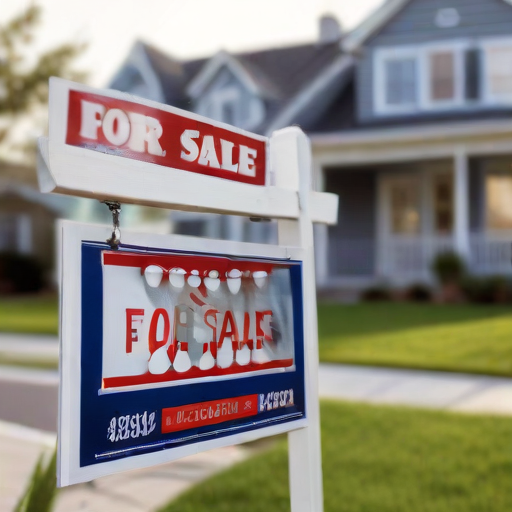Realtors are facing a growing trend of home buyers backing out of purchase agreements, a situation exacerbated by a challenging real estate market. According to a recent report from Redfin, nearly 56,000 home-purchase agreements were canceled in June, representing 15% of all homes that went under contract during that month. This marks the highest cancellation rate for June on record.
Julie Zubiate, an agent with Redfin Premier in the San Francisco Bay Area, attributes the increased cancellations to a more discerning buyer base that is struggling with the rising costs associated with homeownership. “Buyers are opting out for even minor issues, as they feel the financial pressure and want to ensure they get everything on their wish list,” Zubiate noted.
Rafael Corrales, a Redfin agent in Miami, has witnessed what he described as “nightmare scenarios” with buyers backing out at the last minute over small details. In Miami alone, approximately 2,500 home purchases were canceled in June, accounting for about 17.6% of the homes under contract. Corrales emphasized that the primary challenge is affordability, reflecting a broader trend.
June saw the median home sale price reach a staggering $442,525, coinciding with an average 30-year mortgage rate of 6.92%. In addition to these high prices and mortgage rates, potential buyers are also burdened by additional expenses like insurance, property taxes, and homeowner association fees—costs that have been intensified by inflation.
The combination of these factors has led to the most significant decline in home sales seen in eight months. Home sales fell 0.5% from May to June, while year-over-year sales dipped by 1.1%, recording levels 21.5% below what was typical before the pandemic.
While current market conditions pose challenges, they also present an opportunity for buyers to reassess their preferences and priorities. As they become more selective, the hope is that more informed decisions can be made, leading to better-targeted home purchases when the market stabilizes. This cautious approach might ultimately create a more sustainable housing market, benefiting both buyers and sellers in the long run.
